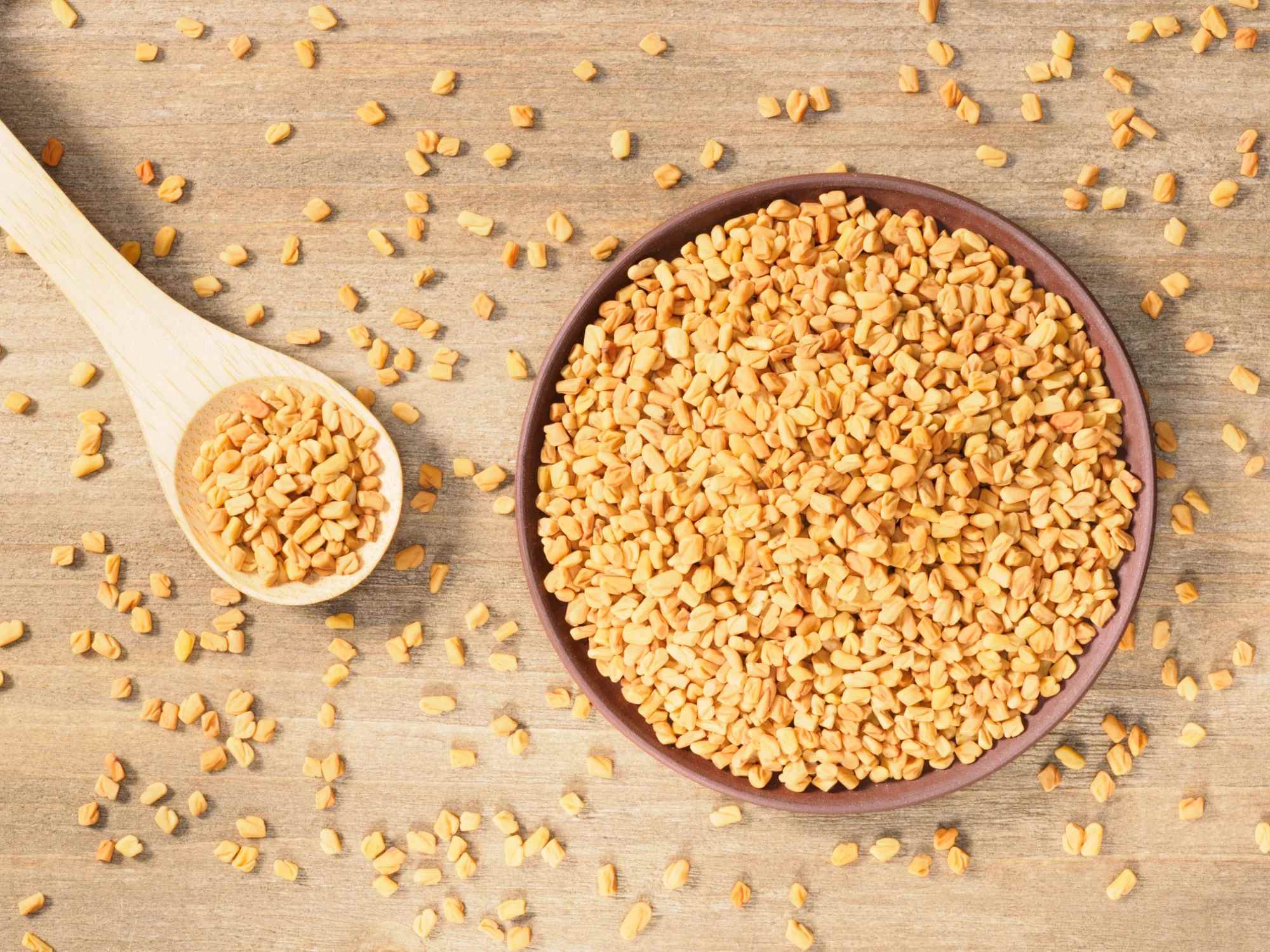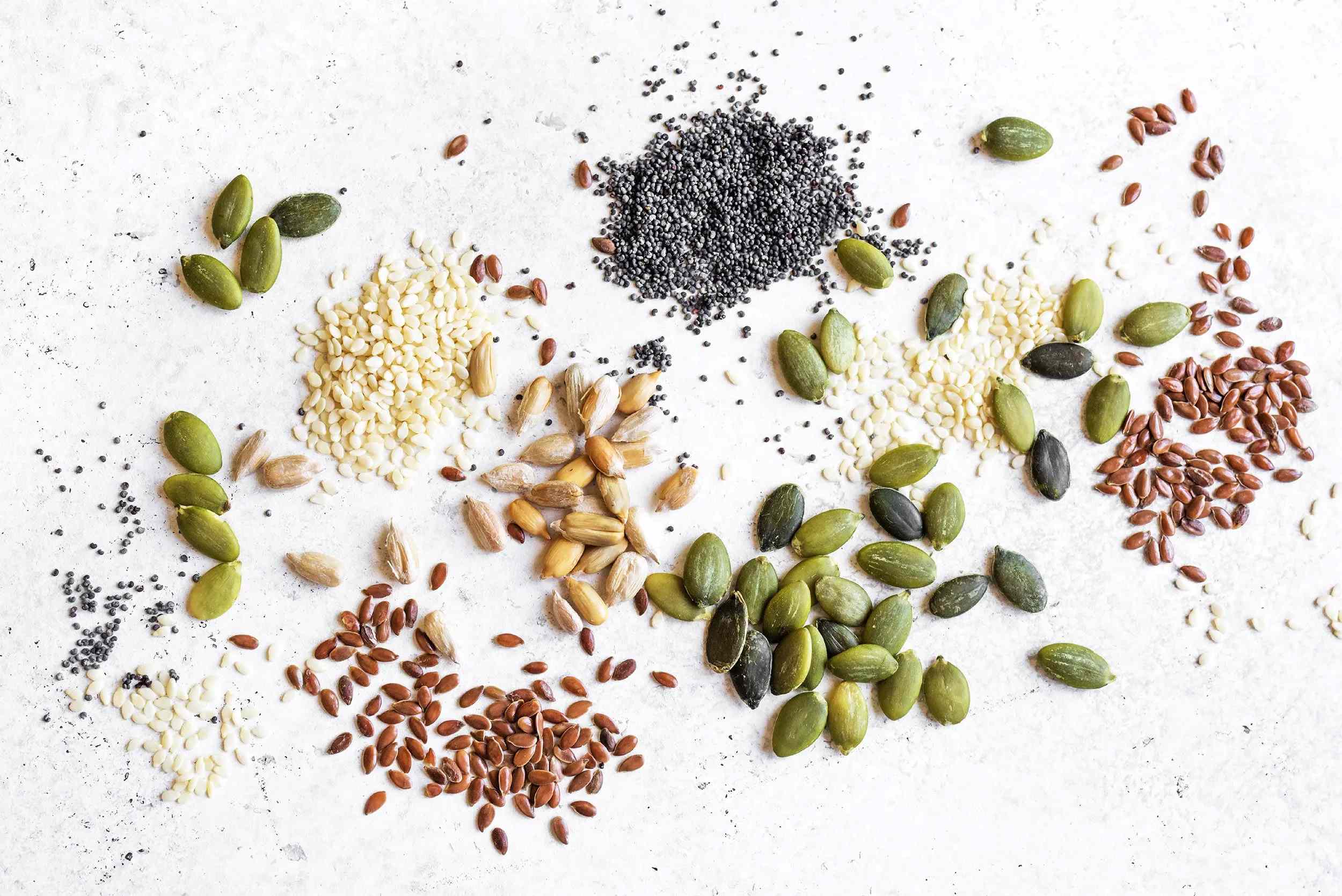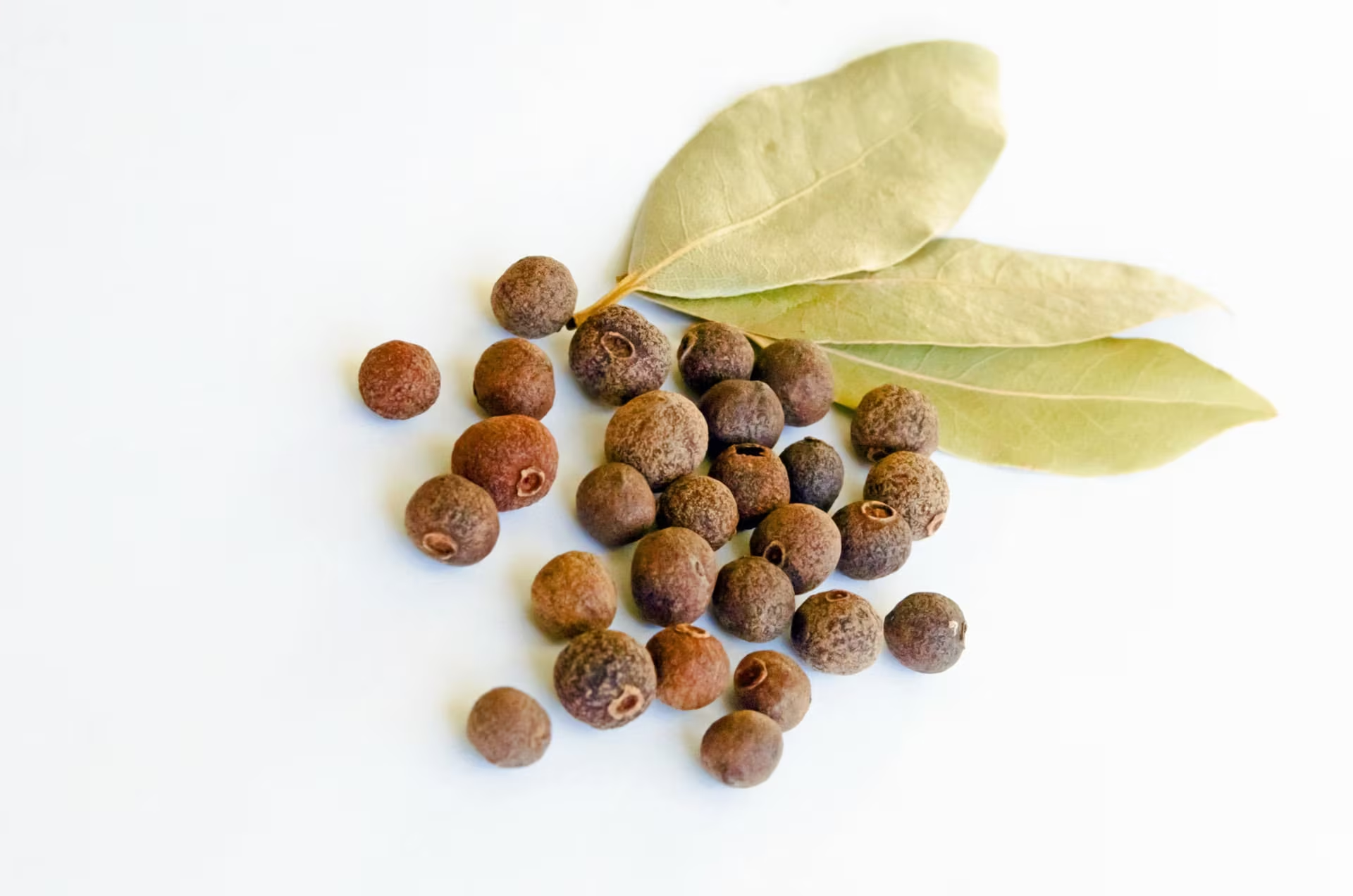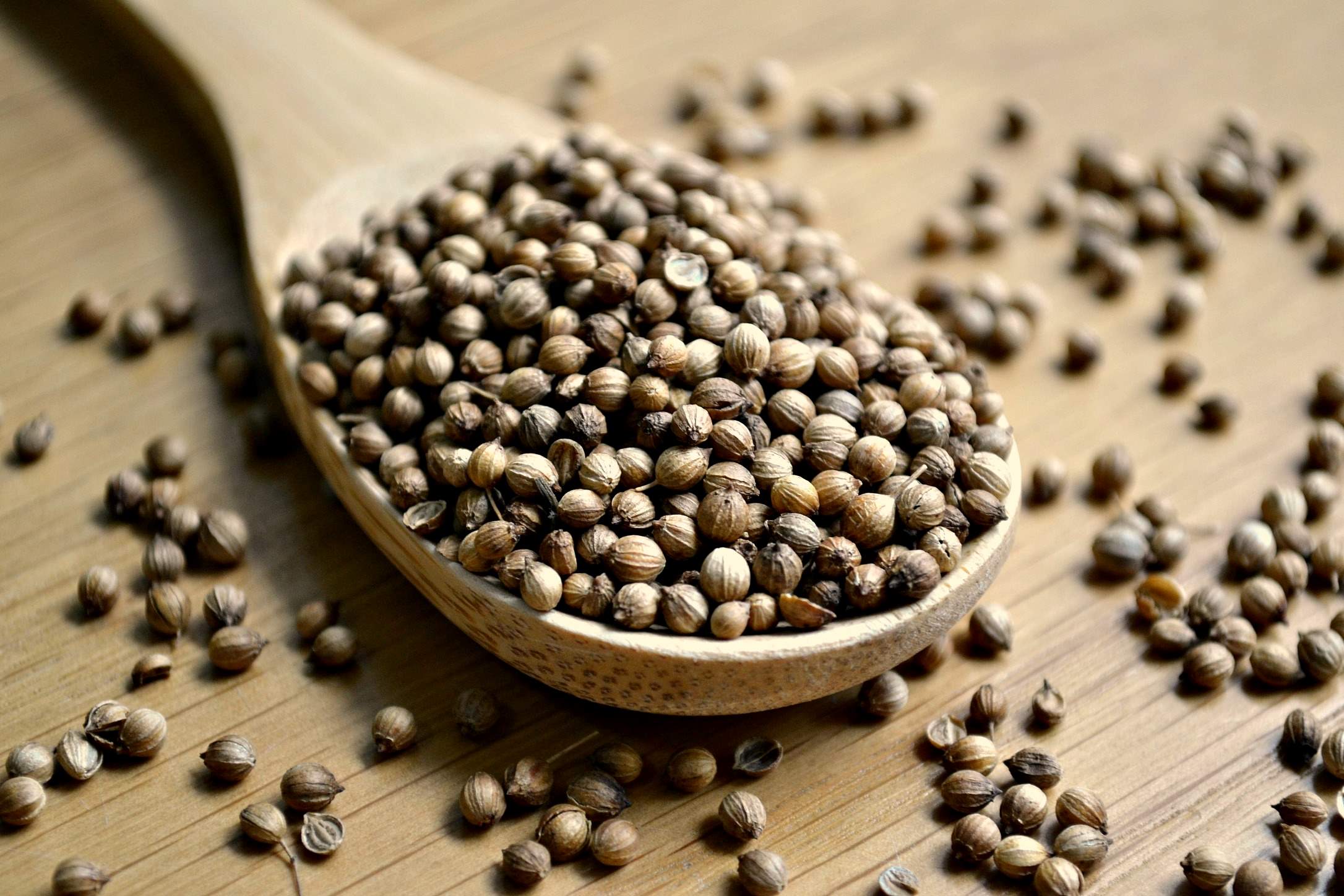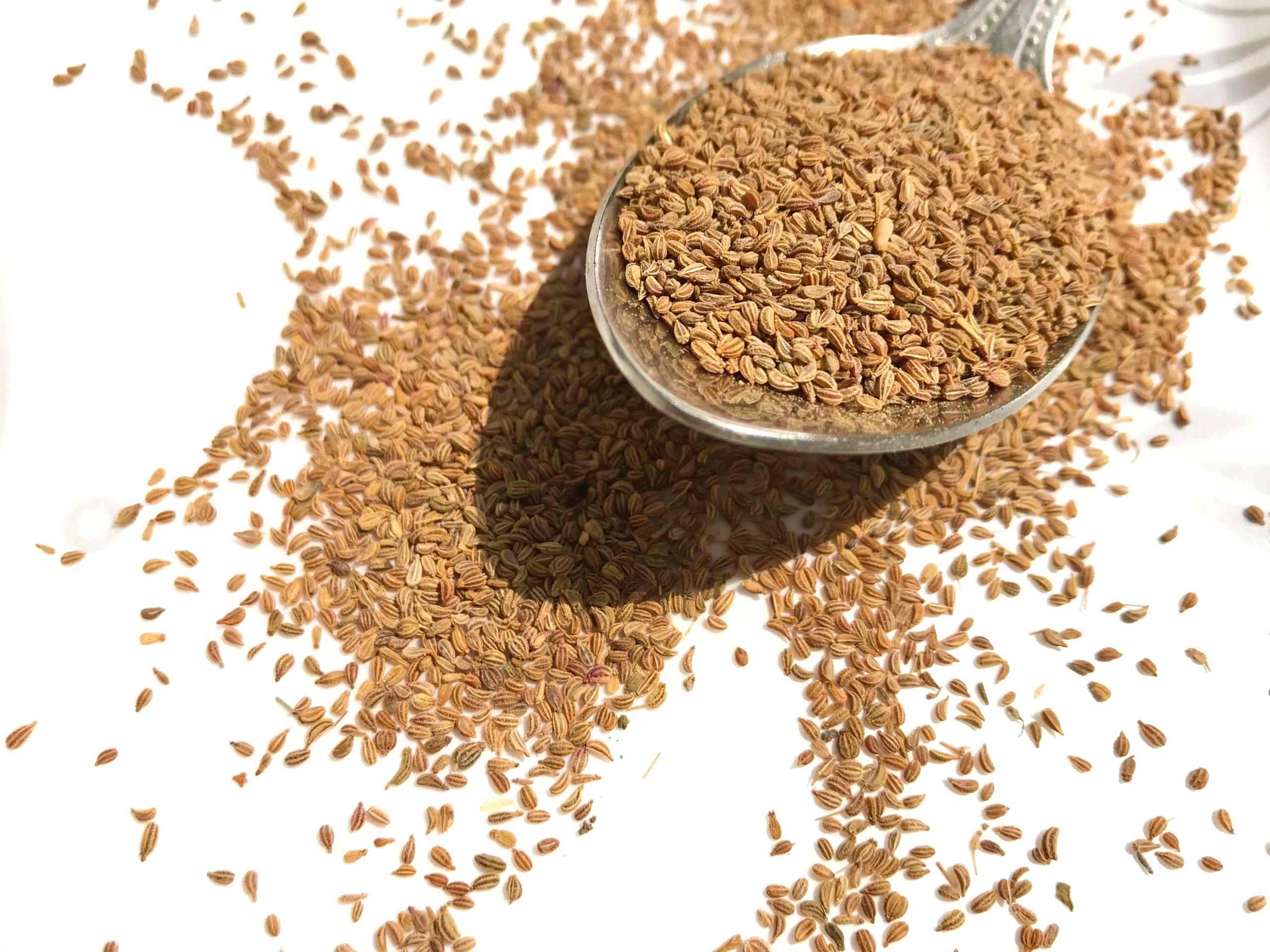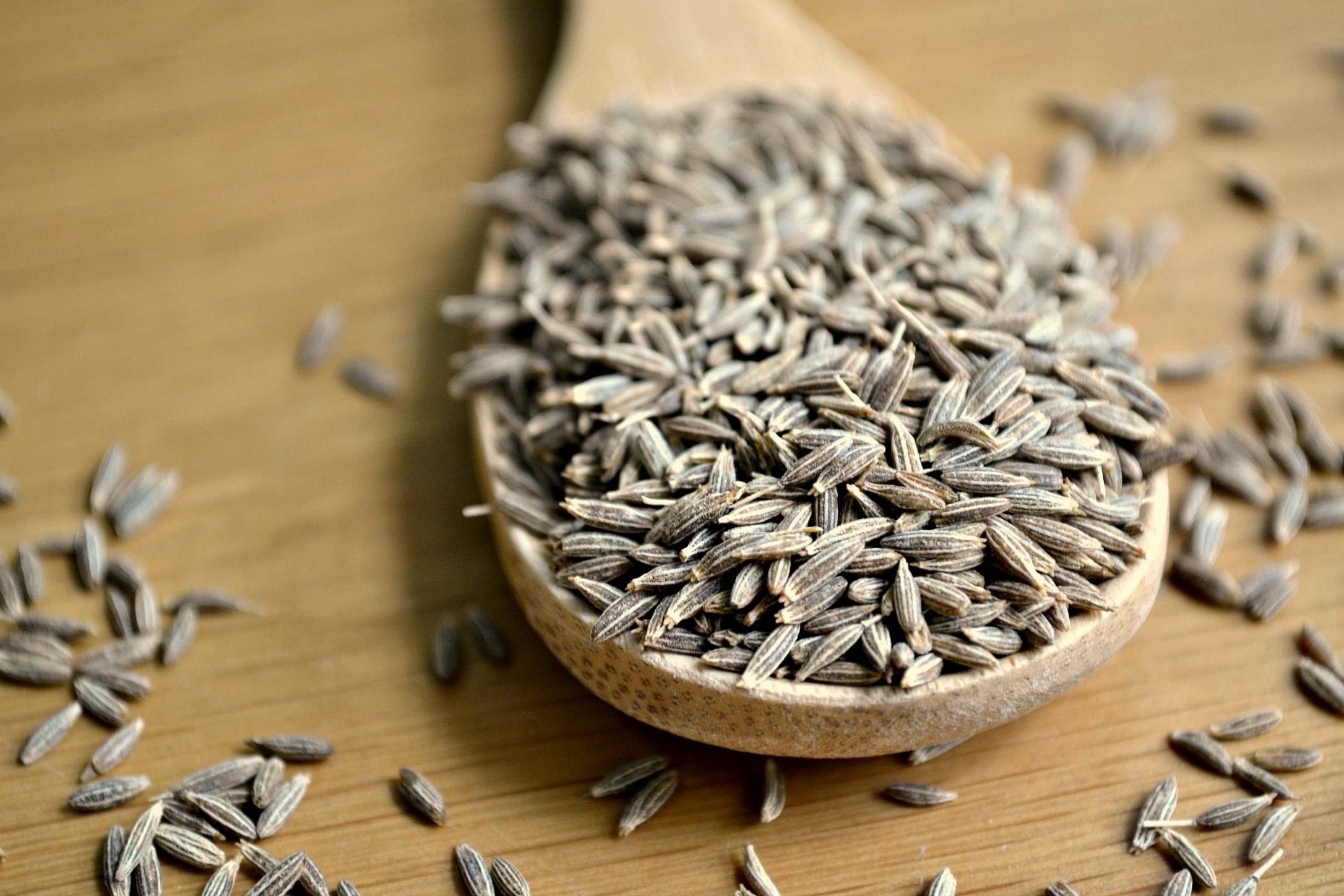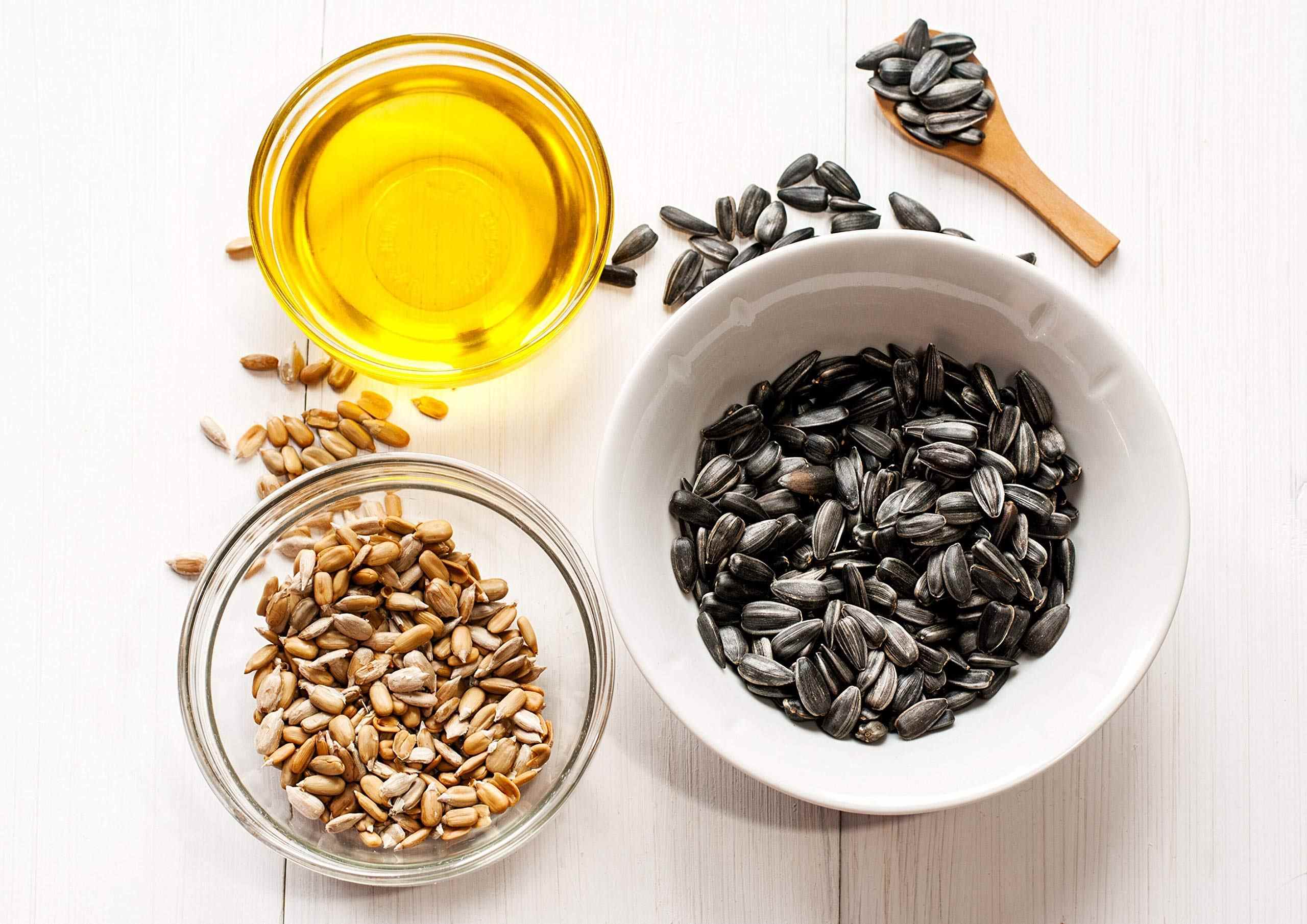Home>Types of Gardening>Edible Gardening>What Are Fenugreek Seeds
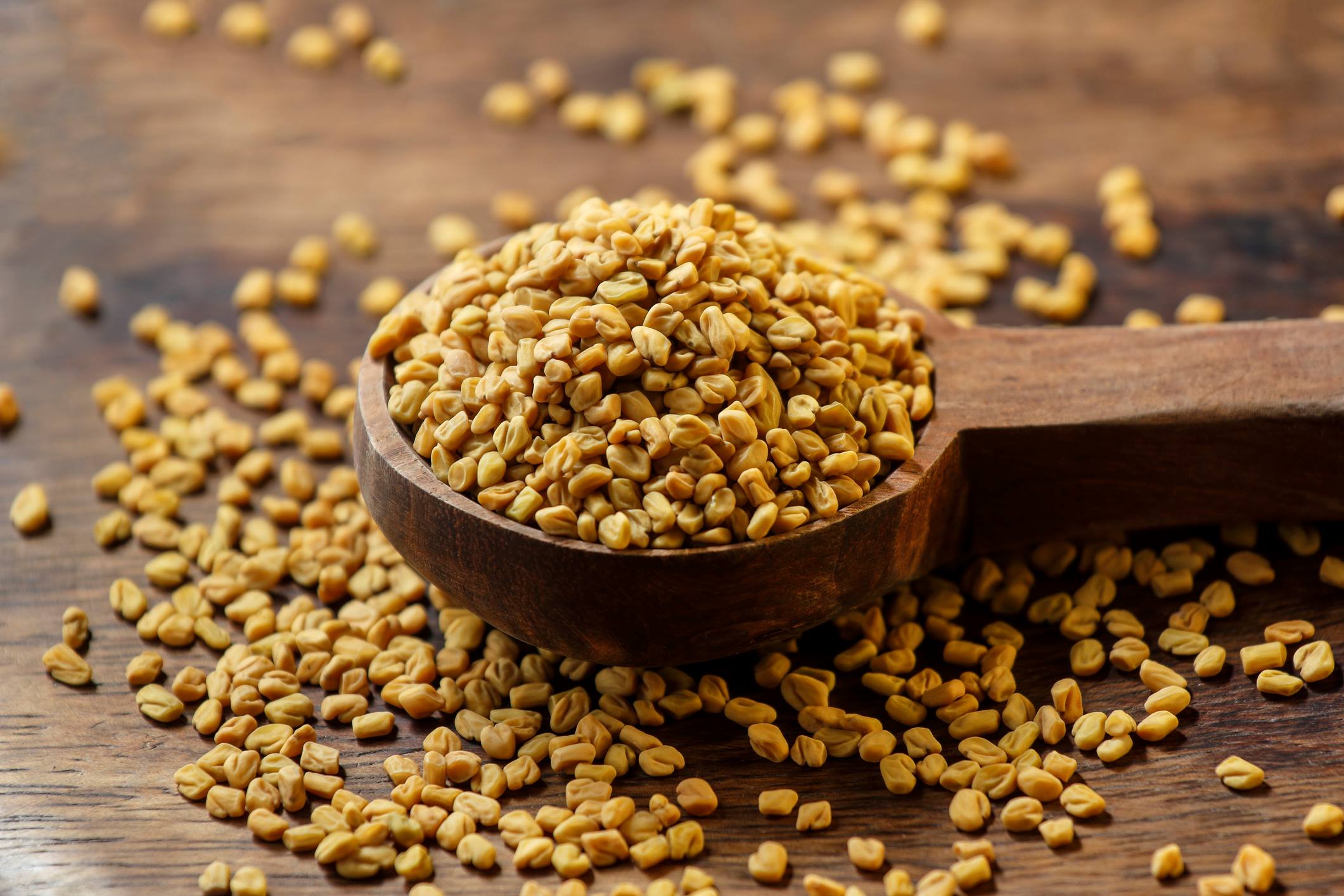

Edible Gardening
What Are Fenugreek Seeds
Modified: January 22, 2024
Discover the benefits of fenugreek seeds in edible gardening. Learn how to grow and use these versatile seeds to enhance your culinary experience.
(Many of the links in this article redirect to a specific reviewed product. Your purchase of these products through affiliate links helps to generate commission for Chicagolandgardening.com, at no extra cost. Learn more)
Table of Contents
Introduction
Edible gardening has become an increasingly popular trend among gardening enthusiasts and health-conscious individuals alike. The ability to grow your own food allows you to have full control over the quality and freshness of the produce you consume. One plant that has been gaining attention in the edible gardening world is fenugreek, particularly its seeds.
Fenugreek seeds, scientifically known as Trigonella foenum-graecum, are small, golden-colored seeds derived from the fenugreek plant. They have been used for centuries in various cultures for their culinary and medicinal properties. Today, fenugreek seeds are not only a staple ingredient in many cuisines but also praised for their numerous health benefits.
In this article, we will explore the nutritional composition and health benefits of fenugreek seeds. We will also delve into the culinary uses of these seeds and provide some precautions to consider. Whether you are already an avid edible gardener or simply interested in discovering new and flavorful ways to enhance your diet, fenugreek seeds hold great potential.
So, let’s take a closer look at these mighty seeds and discover why they have become a valuable addition to any edible garden or kitchen.
Overview of Fenugreek Seeds
Fenugreek seeds are small, yellowish-brown seeds that originate from the fenugreek plant, a member of the legume family. These seeds have a distinctive aroma and a slightly bitter, nutty taste, which adds depth and complexity to dishes.
The fenugreek plant grows up to 2-3 feet tall and produces clusters of delicate white flowers, followed by pods containing the seeds. These seeds are typically dried and used in various forms, including whole seeds, ground powder, or as an extract.
One of the key characteristics of fenugreek seeds is their high content of fiber and protein. These seeds are also a rich source of minerals such as iron, magnesium, manganese, and phosphorus. Additionally, they contain vitamins A, C, and B-complex vitamins, including folate.
Besides their nutritional profile, fenugreek seeds are also known for their medicinal properties. They contain compounds such as saponins, flavonoids, and alkaloids, which contribute to their potential health benefits.
Fenugreek seeds have long been used in traditional medicine systems for their role in promoting digestion, reducing inflammation, and supporting milk production in breastfeeding mothers. They are also believed to possess antimicrobial and antioxidant properties, helping to boost the immune system.
Overall, fenugreek seeds are a versatile and nutrient-dense food ingredient that offers both culinary and health advantages. In the next sections, we will delve deeper into the specific nutritional composition and health benefits of fenugreek seeds to highlight their remarkable properties and potential applications.
Nutritional Composition of Fenugreek Seeds
Fenugreek seeds are packed with a wide range of essential nutrients that contribute to their health-promoting properties. Let’s take a closer look at the nutritional composition of these tiny powerhouses:
1. Fiber: Fenugreek seeds are rich in dietary fiber, with approximately 3 grams per tablespoon. This high fiber content aids in digestion, promotes satiety, and helps maintain healthy blood sugar levels.
2. Protein: Fenugreek seeds are an excellent source of plant-based protein, with about 3 grams per tablespoon. Protein is essential for building and repairing tissues, supporting muscle growth, and maintaining overall health.
3. Iron: Fenugreek seeds are a good source of iron, a vital mineral that helps transport oxygen throughout the body and prevents iron deficiency anemia. Incorporating fenugreek seeds into your diet can be particularly beneficial for vegetarians and individuals with low iron levels.
4. Magnesium: Fenugreek seeds contain a respectable amount of magnesium, an essential mineral that plays a crucial role in numerous biochemical reactions in the body. Magnesium promotes healthy nerve and muscle function, aids in energy production, and contributes to bone health.
5. Manganese: Fenugreek seeds are also a noteworthy source of manganese, a trace mineral involved in bone formation, carbohydrate metabolism, and the function of antioxidants in the body.
6. Vitamins: Fenugreek seeds contain a variety of vitamins, including vitamin A, vitamin C, and several B-complex vitamins. These vitamins play vital roles in immune function, collagen production, and energy metabolism.
Additionally, fenugreek seeds harbor various bioactive compounds such as flavonoids, saponins, and alkaloids. These compounds contribute to the antioxidant and anti-inflammatory properties of fenugreek seeds, further enhancing their potential health benefits.
With their impressive nutritional composition, fenugreek seeds are a valuable addition to any diet. In the next section, we will explore the numerous health benefits associated with consuming fenugreek seeds, ranging from improved digestion to enhanced cardiovascular health.
Health Benefits of Fenugreek Seeds
Fenugreek seeds have long been recognized for their medicinal properties and are associated with a wide array of health benefits. Here are some of the key health benefits of consuming fenugreek seeds:
1. Digestive Health: Fenugreek seeds are known to support healthy digestion. The high fiber content helps regulate bowel movements and alleviate constipation. Additionally, fenugreek seeds have been used to promote the secretion of digestive enzymes, which aid in the breakdown of carbohydrates and fats.
2. Blood Sugar Regulation: Fenugreek seeds have been shown to have a positive impact on blood sugar control. Studies suggest that the soluble fiber in fenugreek seeds helps slow down the absorption of glucose, thereby improving insulin sensitivity and lowering blood sugar levels. This makes fenugreek seeds a potential dietary addition for individuals with diabetes or those at risk of developing the condition.
3. Heart Health: The beneficial compounds in fenugreek seeds, such as flavonoids and antioxidants, have been linked to heart health benefits. These seeds may help lower levels of LDL (bad) cholesterol and triglycerides, reduce inflammation, and promote overall cardiovascular health.
4. Milk Production: Fenugreek seeds have a long-standing reputation for their ability to increase milk production in breastfeeding mothers. They are often recommended as a herbal remedy to boost lactation. However, it’s important to consult with a healthcare professional before consuming fenugreek seeds for this purpose.
5. Anti-Inflammatory and Antioxidant Properties: The bioactive compounds in fenugreek seeds, including saponins and flavonoids, possess anti-inflammatory and antioxidant properties. These properties can help reduce inflammation in the body, support the immune system, and protect against oxidative stress and free radicals.
6. Weight Management: Fenugreek seeds are low in calories and high in fiber, making them a valuable addition to a weight management plan. The fiber content promotes feelings of fullness, reducing appetite and aiding in weight control.
While fenugreek seeds offer these potential health benefits, it’s important to note that they should not replace medical treatment or professional advice. Always consult with a healthcare provider before incorporating fenugreek seeds into your diet, especially if you have underlying health conditions or are taking medications.
Now that we have explored the health benefits of fenugreek seeds, let’s move on to exploring the various culinary uses of these versatile seeds.
Culinary Uses of Fenugreek Seeds
Fenugreek seeds have a distinctive flavor that adds a unique touch to various culinary preparations. They are commonly used as a spice in many cuisines around the world. Here are some of the popular culinary uses of fenugreek seeds:
1. Spices and Seasonings: Fenugreek seeds are often used whole or ground as a spice and seasoning in Indian, Middle Eastern, and North African cuisines. They impart a slightly bitter, nutty flavor and are commonly found in curry powders, spice blends, and pickles.
2. Curry Preparations: Fenugreek seeds are a key ingredient in many Indian curry dishes. They add depth and complexity to curries, enhancing the overall flavor profile. The seeds can be tempered in hot oil before adding other ingredients to release their aromatic compounds.
3. Breads and Flatbreads: Fenugreek seeds can be soaked and ground into a paste, which is then used to enrich bread and flatbread recipes. In Indian cuisine, fenugreek leaves, known as “methi,” are also commonly used to add flavor to breads like parathas.
4. Sprouts: Fenugreek seeds can be sprouted and used in salads, sandwiches, and wraps. The sprouts have a fresh, slightly bitter taste and are packed with nutrients, making them a nutritious addition to your meals.
5. Herbal Tea: Fenugreek seeds can be infused in hot water to create a flavorful herbal tea. This tea is often consumed for its potential health benefits, including digestive support and blood sugar regulation.
6. Sauces and Condiments: Fenugreek seeds can be used to flavor sauces, chutneys, and marinades. They add a robust and distinctive taste to these preparations, enhancing the overall flavor profile.
When using fenugreek seeds, it’s important to note that they have a strong flavor, so a little goes a long way. If you prefer a milder taste, you can lightly toast the seeds before grinding or using them in your dishes. This can help mellow out the bitterness and enhance the aroma.
Given their versatility, fenugreek seeds offer an exciting range of culinary possibilities. Experimenting with these seeds can add an exotic and flavorful twist to your dishes, taking your culinary creations to the next level.
Next, we will discuss some potential side effects and precautions to consider when consuming fenugreek seeds.
Potential Side Effects and Precautions of Fenugreek Seeds
While fenugreek seeds offer numerous health benefits, it’s important to be aware of potential side effects and take necessary precautions. Here are some considerations to keep in mind:
1. Allergic Reactions: Some individuals may develop an allergic reaction to fenugreek seeds, especially if they have an allergy to other legumes. Allergic symptoms may include skin rashes, itching, swelling, or difficulty breathing. If you experience any allergic symptoms, discontinue use and seek medical attention.
2. Pregnancy and Breastfeeding: Fenugreek seeds have traditionally been used to promote milk production in breastfeeding mothers. However, it’s essential to consult with a healthcare professional before using fenugreek seeds during pregnancy or while breastfeeding, as their safety and dosage guidelines may vary.
3. Blood Sugar Regulation: Fenugreek seeds have the potential to lower blood sugar levels. If you have diabetes or are taking medication to regulate your blood sugar, it’s crucial to monitor your levels closely when consuming fenugreek seeds. Adjustments to medication dosage may be necessary under the guidance of a healthcare professional.
4. Interference with Medications: Fenugreek seeds may interact with certain medications, such as blood thinners or antidiabetic medications. These seeds contain compounds that can enhance the effects of these medications, potentially leading to adverse effects. If you are taking any medications, consult with your healthcare provider before incorporating fenugreek seeds into your diet.
5. Digestive Upset: In some individuals, fenugreek seeds may cause gastrointestinal discomfort, including bloating, gas, or diarrhea. If you experience any digestive upset after consuming fenugreek seeds, reduce your intake or discontinue use.
6. Avoid Excessive Consumption: While fenugreek seeds offer numerous health benefits, it’s important to consume them in moderation. Excessive consumption may lead to unwanted side effects, especially if you are not accustomed to their flavor or have underlying health conditions.
As with any dietary supplement or ingredient, it’s best to consult with a healthcare professional before incorporating fenugreek seeds into your diet, especially if you have underlying health conditions or are taking medications.
Now that we have discussed potential side effects and precautions, let’s move on to exploring some practical ways to incorporate fenugreek seeds into your daily meals and snacks.
How to Incorporate Fenugreek Seeds into Your Diet
Incorporating fenugreek seeds into your daily diet can be a flavorful and nutritious addition. Here are some practical ways to incorporate these mighty seeds into your meals and snacks:
1. Spice Blends: Add whole fenugreek seeds to spice blends like garam masala or curry powder. The seeds will infuse your dishes with their distinct flavor and aroma.
2. Flavorful Tempering: Tempering is a cooking technique in which spices are heated in oil or ghee to release their flavors. Add fenugreek seeds to hot oil before adding other ingredients to enhance the taste of your curries, soups, and stir-fries.
3. Homemade Pickles: Fenugreek seeds can be included in homemade pickles for a tangy and savory twist. They add a unique flavor that complements a variety of pickled vegetables.
4. Breads and Flatbreads: Add fenugreek seeds to bread and flatbread dough to impart a slightly bitter taste. You can also sprinkle seeds on top of bread for an added crunch and flavor.
5. Sprouts and Salads: Sprout fenugreek seeds and incorporate them into salads, sandwiches, and wraps. The sprouts have a fresh and slightly bitter taste that adds texture and nutritional benefits to your meals.
6. Herbal Tea: Brew fenugreek seeds with water to create a flavorful herbal tea. You can drink it plain or add a squeeze of lemon and a drizzle of honey for added taste.
7. Curry Dishes: Whether you are preparing meat, vegetable, or lentil curries, adding fenugreek seeds can deepen the flavor profile and enhance the overall taste of your dishes.
8. Season Roasted Vegetables: Sprinkle fenugreek seeds over roasted vegetables to add a layer of earthy flavor. The seeds work particularly well with root vegetables like carrots, potatoes, and sweet potatoes.
9. Yogurt Dressings and Dips: Blend fenugreek seeds into yogurt-based dressings and dips for added taste and texture. It pairs well with herbs and spices like garlic, cumin, and coriander.
10. Flavored Oils and Butters: Infuse oils or butter with fenugreek seeds to create a flavored base for cooking or as a finishing touch. The oils can be drizzled over dishes or used as a base for marinades and dressings.
Remember to start with small amounts of fenugreek seeds, as their flavor can be intense. Gradually increase the quantity to suit your taste preferences.
By incorporating fenugreek seeds into your diet, you not only add a burst of flavor to your meals but also reap the nutritional benefits they offer.
Now that we have explored the various ways to incorporate fenugreek seeds into your diet, let’s wrap up our discussion.
Conclusion
Fenugreek seeds are more than just a culinary spice – they are a powerhouse of nutrition with numerous health benefits. From promoting digestion and blood sugar control to supporting heart health and lactation, these small, golden seeds have a lot to offer. Additionally, fenugreek seeds are versatile and can be incorporated into a wide variety of dishes, from curries and breads to salads and pickles.
However, it’s important to be aware of potential side effects and precautions when using fenugreek seeds, such as allergic reactions and interactions with medications. As with any dietary addition, it’s advisable to consult with a healthcare professional before incorporating fenugreek seeds into your diet, especially if you have underlying health conditions or are taking medications.
If you’re ready to try fenugreek seeds, start by using them in small amounts and gradually increase as you become familiar with their flavor and your tolerance. Whether you’re a seasoned edible gardener or simply a food enthusiast looking to explore new flavors, fenugreek seeds can add a delightful twist to your culinary creations while providing an array of health benefits.
So, why not experiment with fenugreek seeds in your next meal and tap into their potential to enhance your well-being? With their unique taste and nutritional profile, fenugreek seeds are a valuable addition to any kitchen and edible garden.
Get ready to savor the distinct aroma and flavor of fenugreek seeds as they elevate your dishes and contribute to your overall health. Happy edible gardening and culinary exploration!
